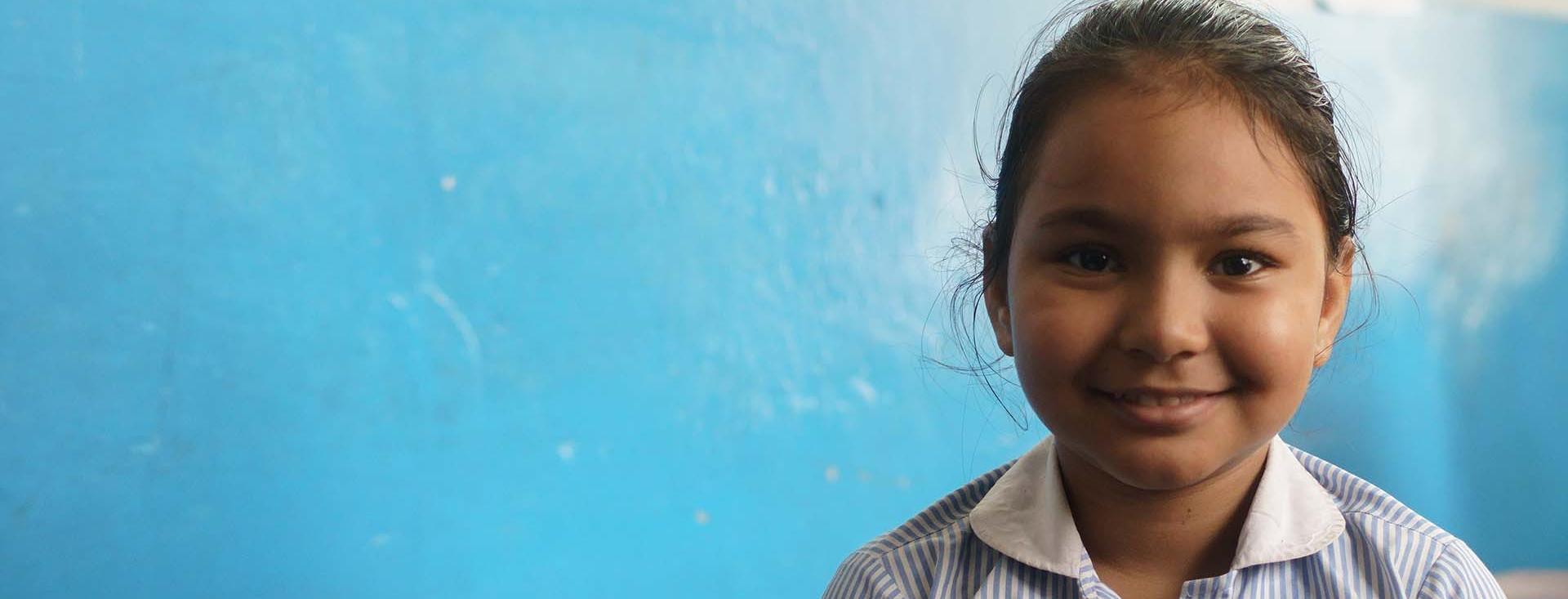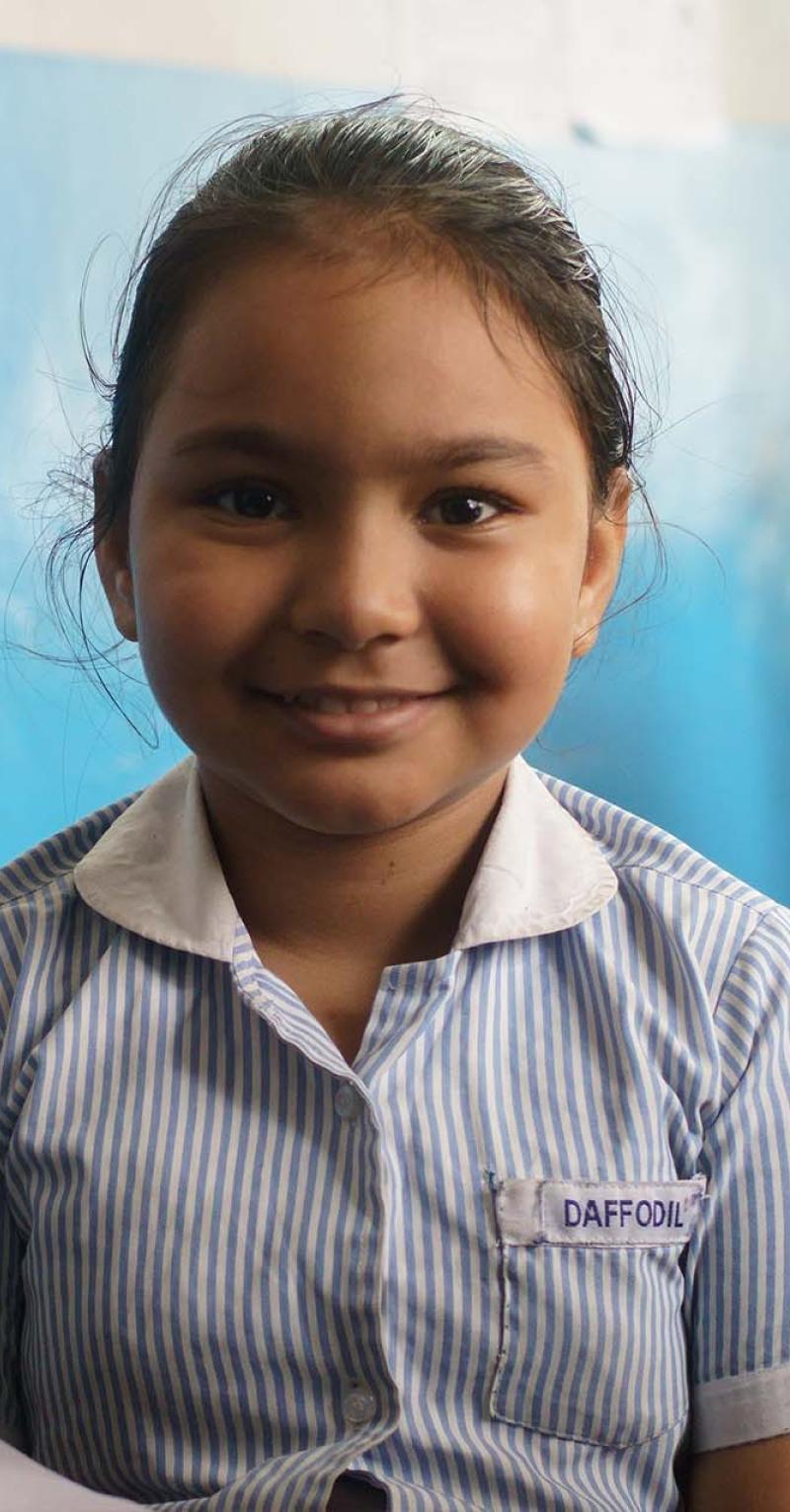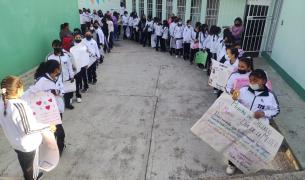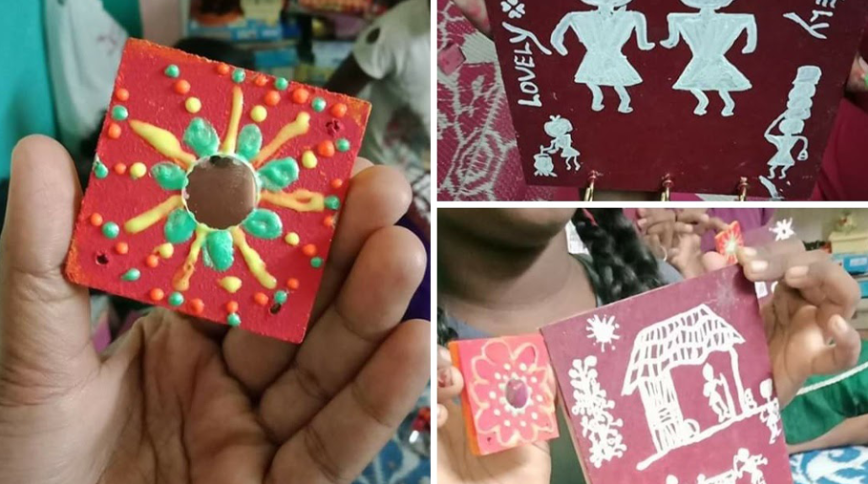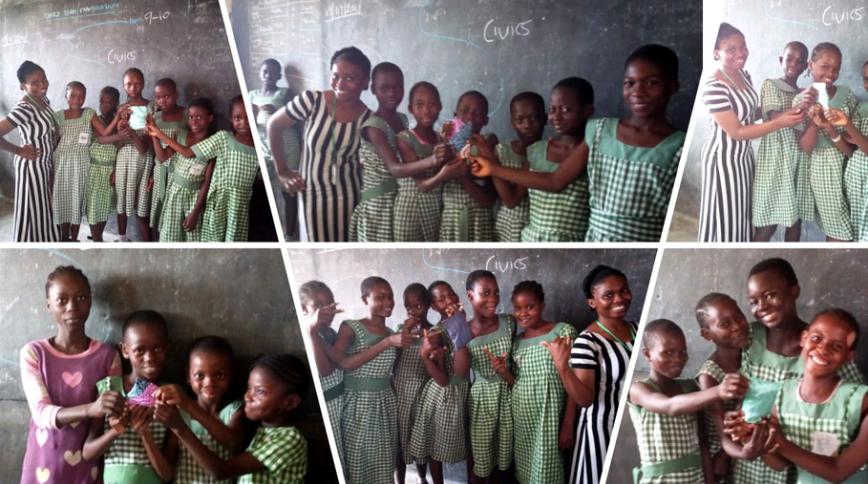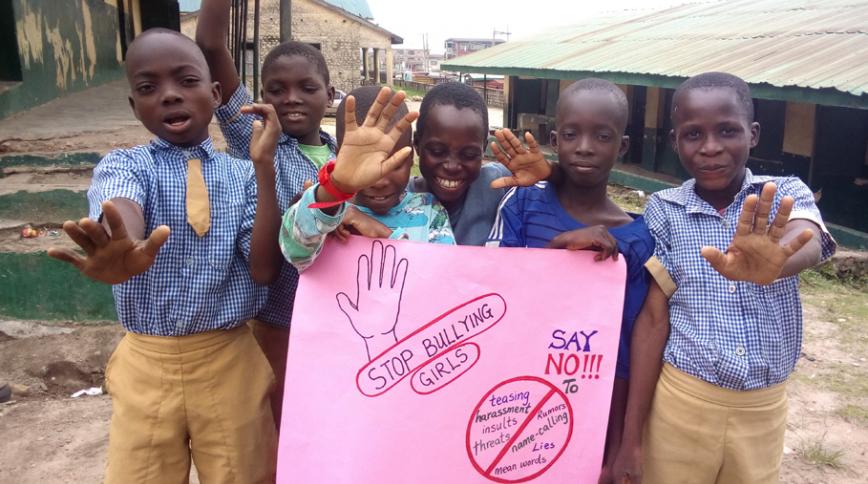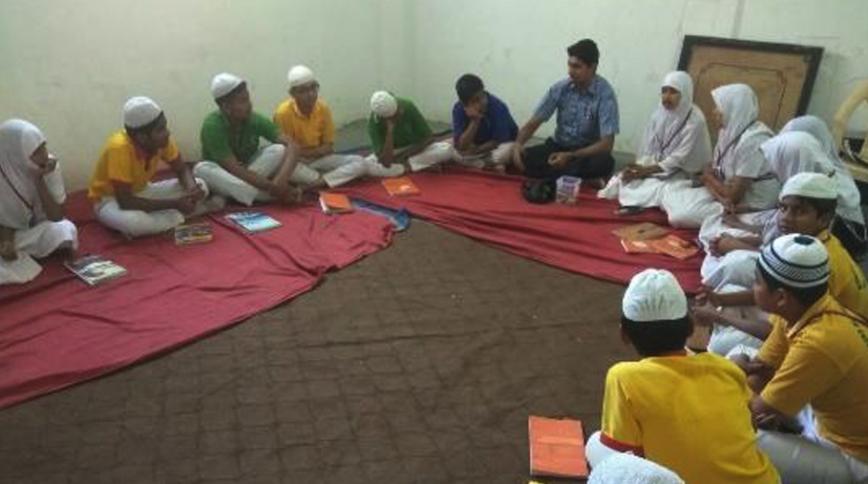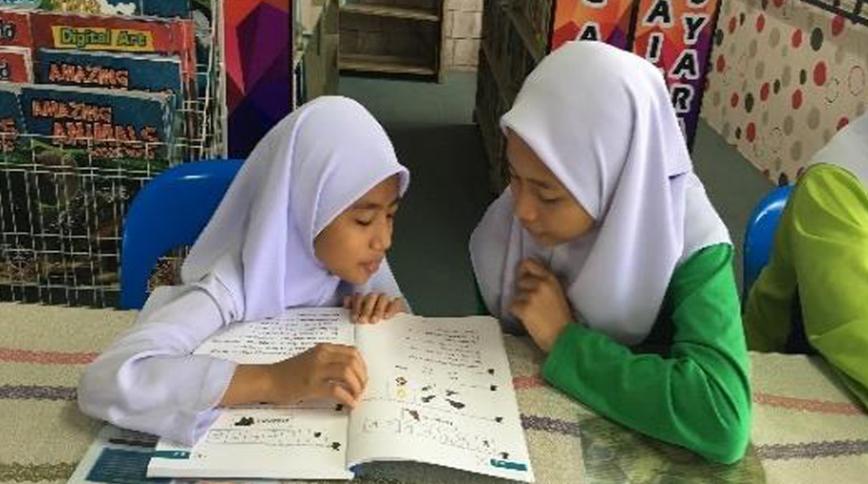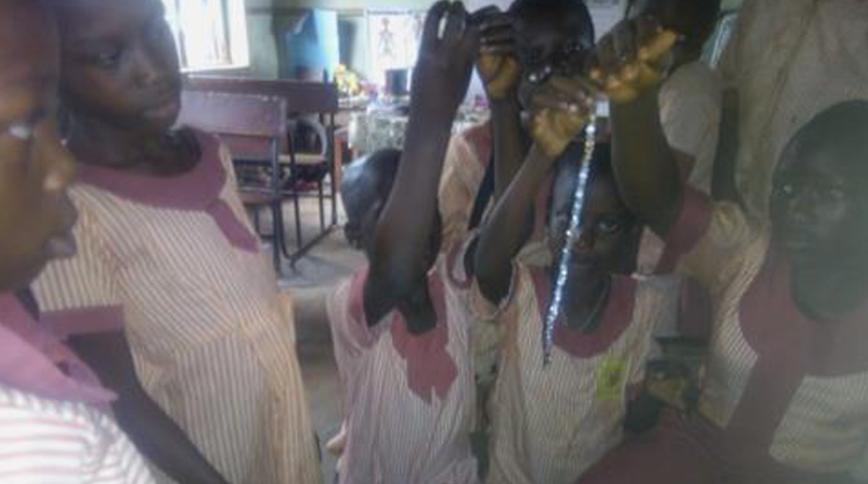Subscribe to our podcast!
Tune in to Inside Global Girls’ Education for conversations with global experts in gender and girls’ education as well as local leaders from across the Teach For All network.

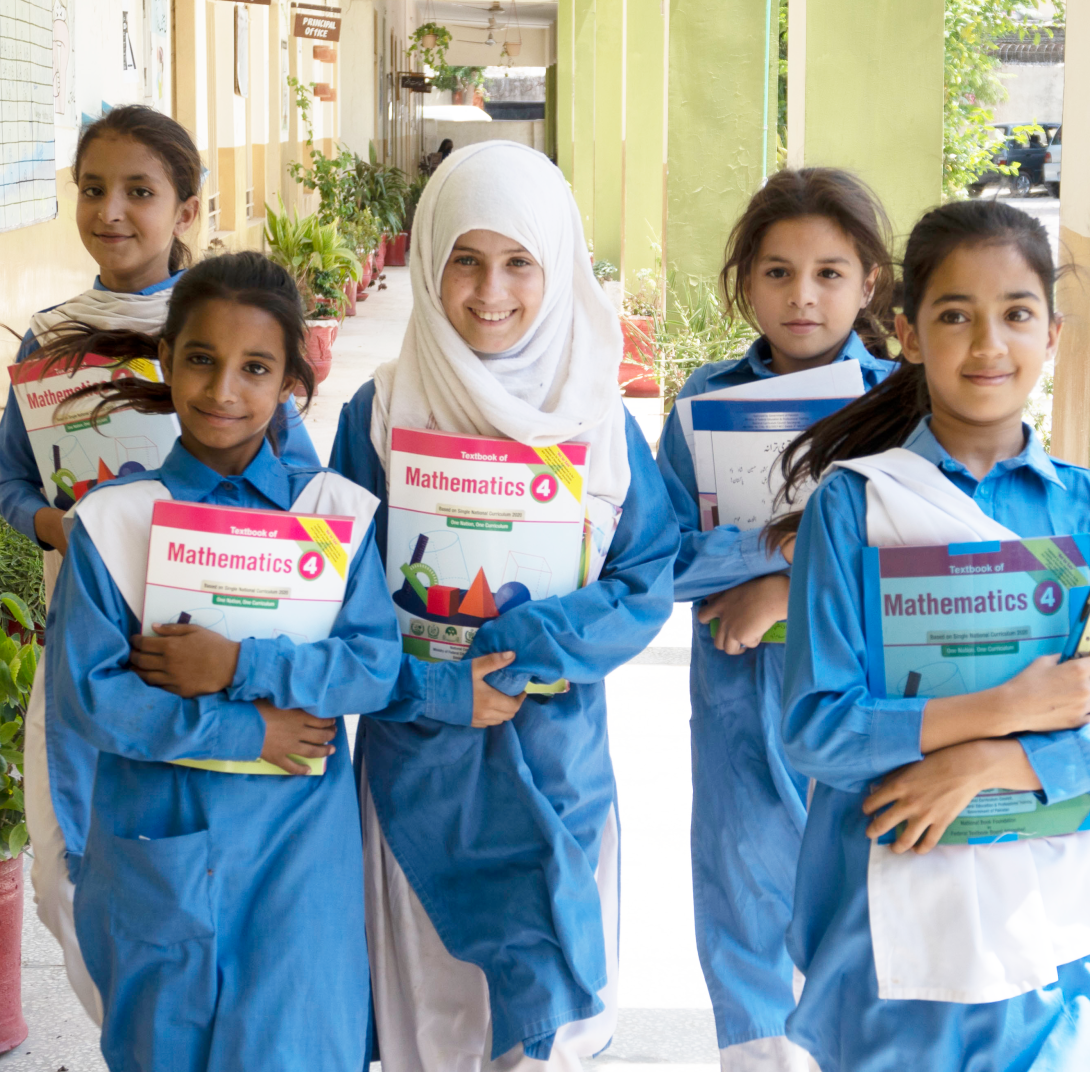
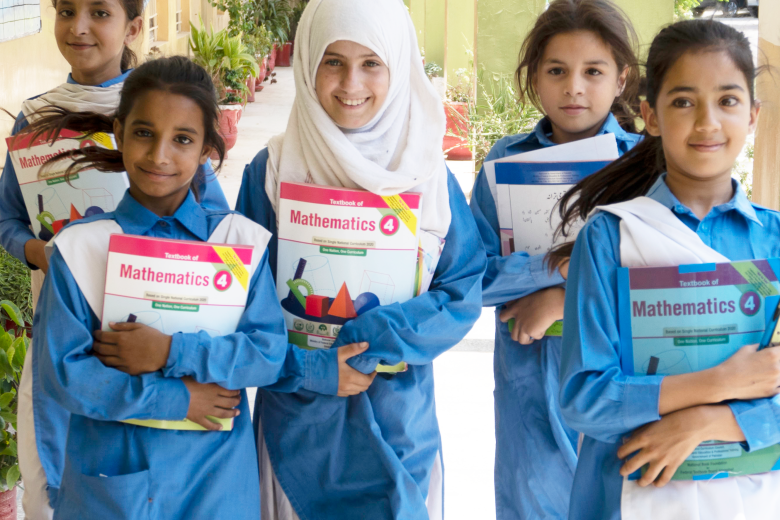
Fostering locally rooted, globally informed leadership to enable all girls to thrive
Every girl is born with enormous potential, yet too many girls around the world are held back by structural, systemic, and sociocultural challenges that impede their ability to attend, remain in, and thrive in school. These circumstances result in profound consequences for girls and their wider communities, including being discouraged from pursuing STEM education pathways, susceptibility to gender-based violence (GBV) and at risk for child, early, and forced marriages (CEFM).
Whether girls fulfill their potential in communities where they experience these challenges is largely dependent on the presence of teachers and other leaders advocating for them. Additionally, ensuring the impact of policies and other investments that positively impact girls' lives, such as gender-responsive programming and curricula, requires locally rooted leaders who are working at every level of education and policy—across the whole ecosystem around girls—with the commitment, mindset, beliefs, and knowledge to ensure gender equity.
Our Vision
Teach For All’s Girls’ Education Initiative works towards a world where gender is no longer a barrier for students to access education and thrive as their fullest selves. In the coming years, we envision girls across all communities having the agency and autonomy to decide what they want to be true for themselves while feeling safe, celebrated, and loved, irrespective of their socioeconomic backgrounds and identities. We aim to realize this by cultivating the power of collective leadership among teachers, students, alumni, and local and global communities.
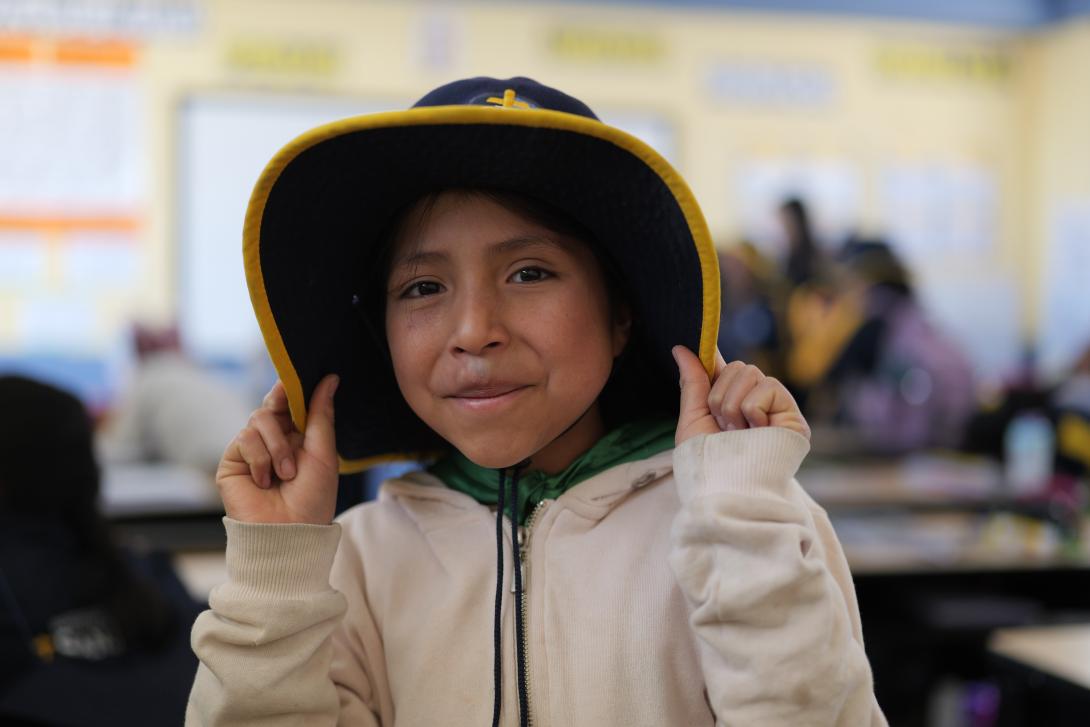
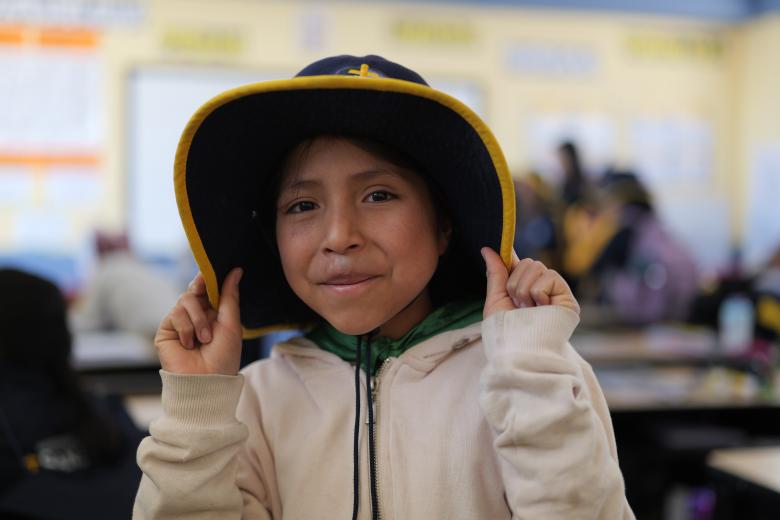
Our Strategic Priorities
To support our network in addressing diverse issues and challenges within girls’ education, we focus on:
Channeling global resources to network partners so they can recruit and develop more leaders in communities where girls are particularly marginalized
Offering global learning experiences to strengthen network partners' approaches and commitment to fostering gender equity
Surfacing and spreading insights across and beyond the network to inspire and inform best practices that advance girls’ education solutions globally
Girls’ Education Stories
Across Teach For All’s global network, network partners, teacher leaders, students, and alumni are working to accelerate progress to gender equality through locally rooted and globally informed solutions:
Get Involved
Supporting girls and students of all genders to thrive requires our collective leadership across all roles and industries—there is a role for us all. If you are a student, teacher, alumni, gender or development practitioner, or leader seeking to collaborate to ensure all girls can thrive, please reach out to Maliha Fawzia at @email to connect.
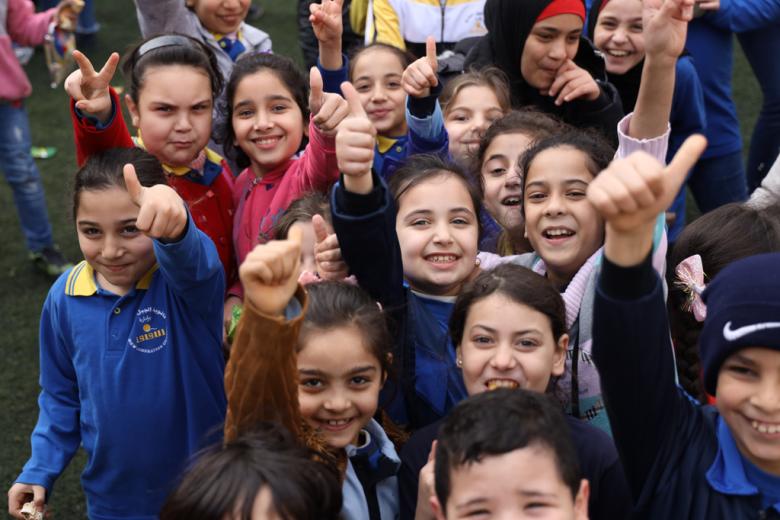
Develop Your Expertise
Everyone has a role to play in ensuring that girls receive the education they deserve. Teach For All has developed a resource repository to support anyone in the network to develop their own expertise in issues of girls’ education. Visit our repository to learn more about the challenges facing girls around the world, gender equity, how to engage boys and men in this work, and more.
Learn More About Global Girls' Education Fellowship Projects
The first three Global Girls’ Education Fellowships have welcomed over 300 leaders from across the network.
